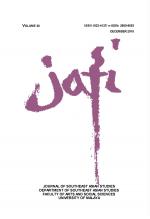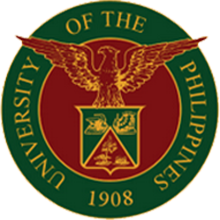Citation:

Abstract:
This paper calls for an interdisciplinary approach to policy formulation regarding the language of education in the Philippines. It has been long agreed upon that for the students to comprehend pieces of information, the medium of instruction is important. Continually shifting policies among three important languages has born different outcomes. However, given their high linguistic diversity, communities in the Philippines have become even more multilingual and multicultural. Constant and rigorous dynamics among the members of these communities has made some of these policies démodé since most of their research database has been exclusively between education and language studies. The bases for the formulation of policies on the language of the education system are the test-results-based outcomes on learning based on experimental settings and sometimes on the advocacies of particular groups. There is indeed a call for other perspectives from different fields and methodologies to contribute to the formulation of the language policy. It is on this note that this study attempts to integrate different social sciences in (re)discovering methodologies toward the possible encompassing determination, or non-determination, of medium(s) of instruction.
